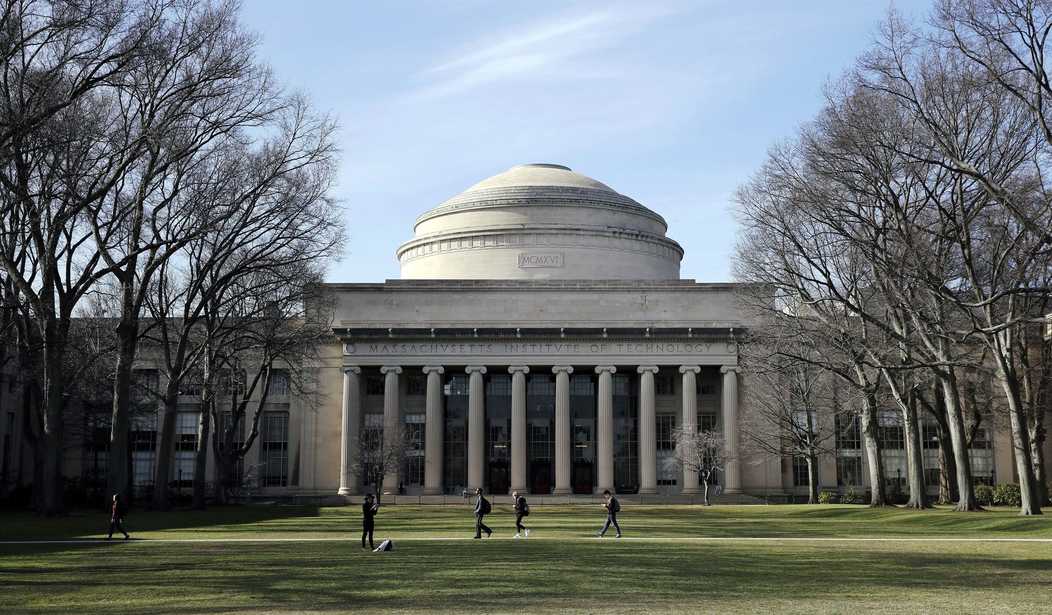MIT has announced that it will shutting down its main DEI office after a lengthy review that began in January 2024.
The Massachusetts Institute of Technology has announced it will shut down its DEI office, joining a raft of universities scrambling to scale back their diversity, equity and inclusion programs amid President Donald Trump’s anti-diversity push.
In a letter on its website last Thursday, MIT President Sally Kornbluth said the institution will “sunset” its Institute Community and Equity Office (ICEO) as well as a vice-president role charged with overseeing inclusion programs...
The decision to close the DEI office follows a months-long review of the university’s diversity programs. The assessment was led by Karl Reid, the last Vice-President for Equity and Inclusion, who stepped down in February after barely one year in the job.
The president of MIT published a letter last week explaining that this is not an abandonment of "inclusive excellence" but it is abandoning the top-down model led by the ICEO.
As we shift focus to community building at the local level, we will sunset the central ICEO and the vice president role...
While the working group encountered enthusiasm for local-first community building, it also recommended setting up some mechanism for the people doing this work to collaborate easily and offer shared advice to the administration. This will be the focus of a new Standing Institute Committee. Staff led, it will also include members of the faculty and students and have a clear channel to senior leadership. We will work with colleagues in the schools and college to shape the committee’s charge, membership and name...
The Standing Institute Committee described above will take the place of the Council on Belonging, Achievement, and Composition, which has supported the Institute-wide plan...
MIT is deeply committed to fostering a campus environment that is free of discrimination and harassment.
So the new Standing Institute Committee (SIC) will replace the Council on Belonging, Achievement, and Composition. But that bit I highlighted above indicates that the SIC may not be called the SIC for long. It's purpose and name will likely change again once it gets going.
So there are some structural changes taking place in terms of who is responsible for what and also some name changes but it's not clear how much any of this will change the environment. MIT expresses a commitment to being free of discrimination and harassment which is fine. No one supports discrimination and harassment. Everyone accepted to MIT should feel they belong their because they've earned it. The question is whether the new bottom up effort at "community building" will adopt the framework of critical theory promulgated by leftist activists like Robin DiAngelo and Ibram Kendi. Simply put, if their disciples are running these efforts it really won't matter what they are labeled as they will still sneak in all of the same DEI concepts that made these efforts objectionable in the first place.
Finally, MIT made a point of saying this review had been underway since early 2024 and was not a sudden reaction to what is happening nearby at Harvard. That's true and yet it's worth noting that the Jan. 24 review itself was clearly prompted by the congressional hearings that happened in late 2023 which led to the resignations of two university presidents, including Claudine Gay at Harvard. MIT President Sally Kornbluth was also present at those hearings and was the only one of the three university presidents present who survived them. Here's a sample of what the Jan. 2024 announcement of the DEI review said.
The Israel-Hamas war continues to cause deep pain for many around the world, including at MIT, and is an ongoing source of tension in our community. Here on campus, its repercussions have pressure-tested some long-standing systems and assumptions, presenting challenges to our community and to fulfilling our mission of research and education...
We will soon announce a new Vice President for Equity and Inclusion (VPEI). With this new role, we have an important opportunity to reflect on and comprehensively assess the structures and programs intended to support our community and create a welcoming environment.
While we address the pressing challenge of how best to combat antisemitism, Islamophobia and hatred based on national origin or ethnicity in our community, we need to talk candidly about practical ways to make our community a place where we all feel that we belong.
As you can see, plans to review DEI (or VPEI) goals are closely tied to issues of the war in Gaza, antisemitism, etc. These are the same issues that were the focus of those congressional hearings just a month earlier.
In other words, this may not be a reaction to Trump, but it is a reaction to the same pushback against DEI, anti-Semitism and a lack of accountability that the Trump administration picked up after his reelection.








Join the conversation as a VIP Member